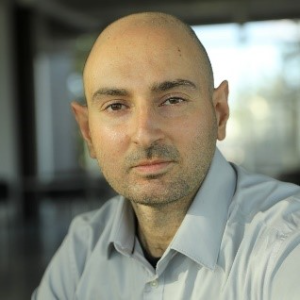Title : Higher sensitivity monitoring of reactions to vaccination using smartwatches
Abstract:
The absence of sufficient vaccine safety information is one of the key contributors to vaccine hesitancy. In this presentation, I will discuss the methodology and findings of four of our recent studies that evaluated the safety profile of the second and third BNT162b2 mRNA COVID-19 booster vaccines using data from a retrospective cohort (based on EMR data) and a prospective cohort, in which all participants wore a Garmin Vivosmart 4 smartwatch and completed a daily questionnaire via smartphone. Both our retrospective and prospective analyses supported the safety of the second and third boosters, with our findings reflecting physicians' diagnoses, patients' subjective reactions, and importantly - patients' objective physiological measures. Interestingly, we found that that the smartwatches were able to detect physiological responses following vaccination that were not captured by patient self-reporting.
Audience Take Away:
- Safety profiles of vaccines should consider both physicians' diagnoses, patients' subjective reactions, and objective physiological measures.
- The ubiquity of smartwatches provides an opportunity to gather improved data on patient health, including active surveillance of vaccine safety.



